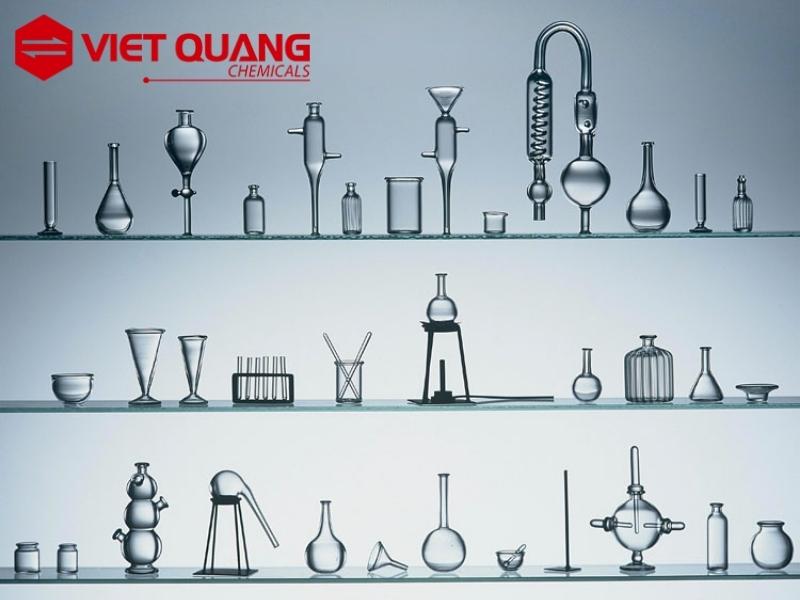Uncategorized
Tools for Creating Your Own Science Lab at Home
Tools for Creating Your Own Science Lab at Home
Setting up a science lab at home can be an exciting and enriching experience for both students and science enthusiasts. Whether you’re a budding chemist, an aspiring physicist, or simply someone who enjoys hands-on experimentation, having the right tools can make all the difference in your learning journey. With the right equipment, you can explore a wide range of scientific principles, conduct fascinating experiments, and satisfy your curiosity about the natural world.
In this article, we’ll walk you through essential tools for creating your very own science lab at home, including what you need, how to use it safely, and where to find these items. Let’s dive into building a functional, safe, and affordable home lab!

Why Create a Home Science Lab?
A home science lab offers many benefits that enhance the learning experience:
1. Hands-On Learning
Setting up your own lab allows you to experiment with concepts learned in school or through self-study. It’s an interactive way to reinforce theory with real-world experiments.
2. Foster Curiosity and Critical Thinking
Experimentation at home encourages problem-solving skills and sparks creative thinking. You’ll have the freedom to explore new ideas, test hypotheses, and learn through trial and error.
3. Flexible Learning Space
With a home science lab, you have the luxury of learning and experimenting at your own pace and convenience, without the constraints of a formal classroom setting.
4. Safe, Controlled Environment
Unlike school labs, where safety may depend on the supervision of multiple students, a home lab lets you control the environment, ensuring safety measures are always followed.
Essential Tools for Your Home Science Lab
Creating a well-equipped science lab doesn’t require expensive or complex tools. Here’s a list of essential equipment to start your home science lab and get hands-on with experiments:
1. Lab Workbench and Storage
- What You Need: A sturdy workbench or table is crucial for performing experiments safely and efficiently. You’ll also need storage solutions for keeping your tools organized.
- Tips: A well-lit area with good ventilation is ideal. Keep the table clear and organized, and use shelves or cabinets for storing chemicals and glassware safely.
2. Glassware
- What You Need:
- Beakers and Flasks: For mixing and heating liquids.
- Test Tubes: For holding small amounts of liquid or conducting chemical reactions.
- Graduated Cylinder: For precise measurements of liquids.
- Petri Dishes: For growing cultures or examining small specimens.
- Tips: Use glass items for heating experiments, and make sure they are made of borosilicate glass for better heat resistance.
3. Measuring Tools
- What You Need:
- Digital Thermometer: To measure temperature during experiments.
- Balances/Scales: To measure the mass of solids.
- pH Meter: For testing the acidity or alkalinity of solutions.
- Measuring Cups and Spoons: For accurate liquid and solid measurements.
- Tips: Ensure your tools are accurate and suitable for both small and large-scale experiments.
4. Safety Gear
- What You Need:
- Safety Goggles: Protect your eyes from chemical splashes or flying debris.
- Lab Coats or Aprons: To protect your clothing from stains or spills.
- Gloves: Rubber or nitrile gloves are necessary when handling chemicals.
- Fire Extinguisher: Have one nearby in case of accidents involving flammable substances.
- Tips: Always prioritize safety when handling chemicals, heat sources, or sharp objects.
5. Heating and Cooling Equipment
- What You Need:
- Bunsen Burner or Alcohol Lamp: For heating substances during experiments.
- Hot Plates: An alternative to Bunsen burners, providing even heat distribution.
- Ice Packs or Ice Trays: For cooling experiments or preserving substances.
- Tips: When working with heat, always use proper ventilation to prevent fumes from accumulating.
6. Chemicals and Reagents
- What You Need:
- Common Chemicals: Sodium bicarbonate, vinegar, citric acid, hydrogen peroxide, salt, and baking soda.
- Reagents for Specific Experiments: Depending on the types of experiments, you may need more specialized chemicals such as acids, bases, or organic compounds.
- Tips: Start with basic, safe chemicals and work your way up as you gain more experience. Always follow safety guidelines when handling and storing chemicals.
7. Scientific Tools for Specific Experiments
- Microscope: If you’re interested in biology, a microscope will allow you to examine plant cells, microorganisms, or insect parts.
- Magnifying Glass: For closer inspection of small objects or materials.
- Tuning Forks or Springs: For exploring sound waves, vibration, and physics concepts.
- Rulers, Protractors, and Compasses: Useful for conducting geometric or physics-based experiments.
- Multimeter: For measuring voltage, current, and resistance in electrical experiments.
8. Electrical Equipment
- What You Need:
- Battery Packs: To power simple circuits or electrical projects.
- Wires and Clips: For creating circuits and connecting different components.
- Bulbs, LEDs, and Motors: For building and testing electrical circuits.
- Tips: Always be cautious when dealing with electricity and make sure to follow proper safety guidelines.
Tips for Creating Your Home Science Lab
1. Plan Your Space
- Select a well-ventilated, clutter-free space for your home lab. Ideally, use a garage, basement, or utility room where you can contain any mess and have enough space to work comfortably.
2. Organize Tools for Easy Access
- Keep essential items like measuring tools, glassware, and chemicals in an easily accessible area. Consider using drawers or labeled bins to keep everything organized and ready for use.
3. Start Small, Then Expand
- If you’re new to home experiments, begin with simple tools and projects. As you get more comfortable, you can expand your collection to include more specialized equipment for advanced experiments.
4. Buy Kits for Specific Experiments
- Consider purchasing DIY science kits for specific topics like chemistry, physics, or biology. These kits come with all the materials and instructions for performing experiments safely and efficiently.
Where to Find Science Tools for Your Home Lab
At Glowtopis.com, we offer a wide selection of quality science tools and lab equipment perfect for creating your own home science lab. Whether you’re just starting out or ready to tackle advanced experiments, we have the supplies you need, all designed with student safety and learning in mind.

Why Choose Glowtopis?
- Wide Selection: Choose from an array of tools, from basic kits to advanced equipment.
- Safety Focused: Our products meet high safety standards for home experimentation.
- Affordable Prices: We offer competitive prices to make science accessible for all.
- Fast Shipping: Get your equipment delivered quickly and start experimenting!
Conclusion
Creating a science lab at home is an exciting opportunity to explore the world of science through hands-on learning. With the right tools and a little creativity, you can embark on a journey of discovery and innovation. Whether you’re a student looking to supplement your education or a science enthusiast exploring new concepts, a home lab provides endless possibilities for fun and learning.
Visit Glowtopis.com today and start building your own science lab at home with top-quality tools and equipment!

